Transportation plays a vital role in our daily lives, connecting people and goods across the globe. As technology continues to advance at an unprecedented pace, the future of transportation holds immense potential for revolutionizing the way we travel. In this blog post, we will delve into the innovative methods and technologies that are shaping the future of transport.
- Electric and Autonomous Vehicles:
One of the most significant advancements in transportation is the rise of electric and autonomous vehicles. Electric vehicles (EVs) are rapidly gaining popularity due to their environmental benefits and decreasing costs. With advancements in battery technology, EVs are becoming more efficient, offering longer ranges and faster charging times. Additionally, autonomous vehicles are set to transform the way we commute, reducing accidents and congestion while optimizing fuel consumption. - Hyperloop:
The Hyperloop, a concept proposed by Elon Musk, is a futuristic transportation system that could revolutionize long-distance travel. This high-speed mode of transport involves pods traveling through low-pressure tubes, reaching speeds of up to 700 mph. By eliminating air resistance and friction, the Hyperloop could drastically reduce travel times and provide a more sustainable alternative to air travel. - Vertical Takeoff and Landing (VTOL) Aircraft:
VTOL aircraft, commonly known as flying cars, are another exciting development in transportation. These vehicles combine the convenience of helicopters with the efficiency of electric propulsion systems. With the ability to take off and land vertically, VTOL aircraft could alleviate traffic congestion in urban areas and provide a faster mode of transportation for short to medium distances. - Hyperloop for Freight:
While the Hyperloop is primarily envisioned for passenger transport, it also holds immense potential for freight transportation. By utilizing the same technology, the Hyperloop could revolutionize the logistics industry, enabling faster and more efficient delivery of goods. With reduced transit times and lower costs, businesses could benefit from streamlined supply chains and enhanced customer satisfaction. - Personal Rapid Transit (PRT):
Personal Rapid Transit (PRT) systems offer an innovative solution for urban transportation. PRT involves small, automated vehicles that transport individuals or small groups directly to their destinations. These systems operate on dedicated tracks, providing a flexible and efficient mode of transport within cities. PRT can significantly reduce congestion, lower emissions, and enhance accessibility in urban areas.
Conclusion:
The future of transportation holds immense promise, with advancements in electric and autonomous vehicles, Hyperloop technology, VTOL aircraft, Hyperloop for freight, and Personal Rapid Transit systems. These innovative methods of transport have the potential to revolutionize the way we travel, making it faster, more efficient, and environmentally friendly. As we embrace these advancements, we can look forward to a future where transportation is safer, more sustainable, and seamlessly connected.

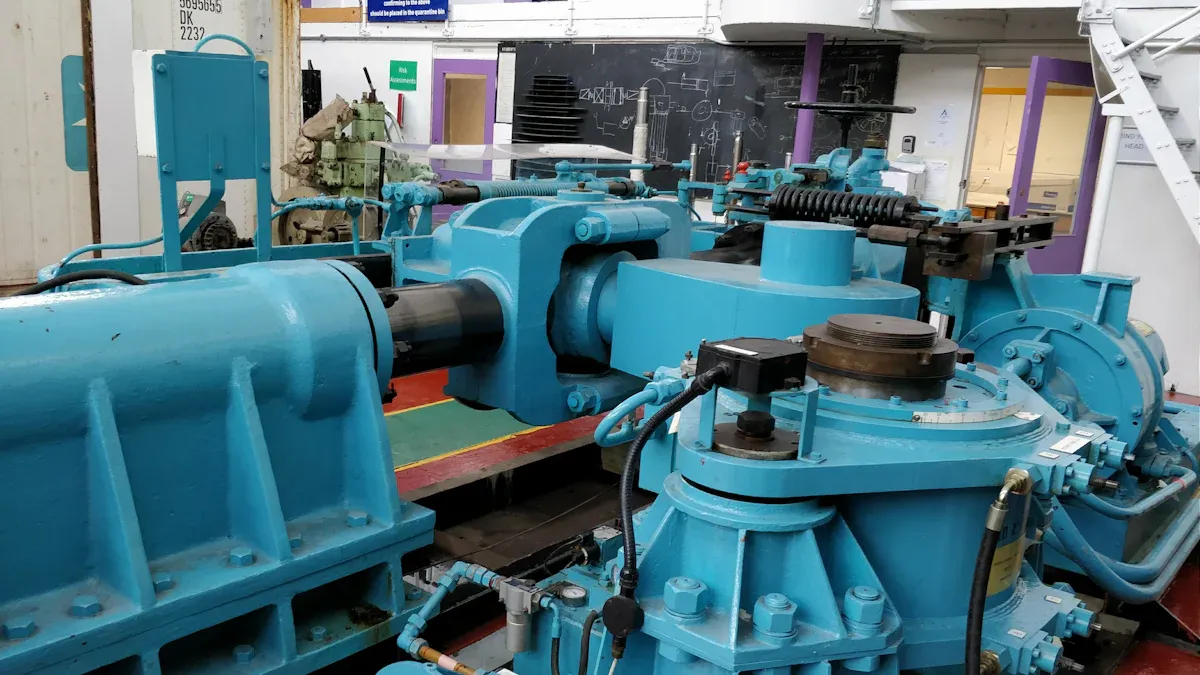

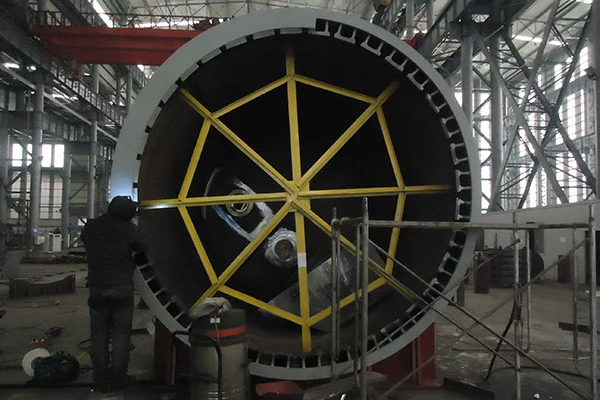

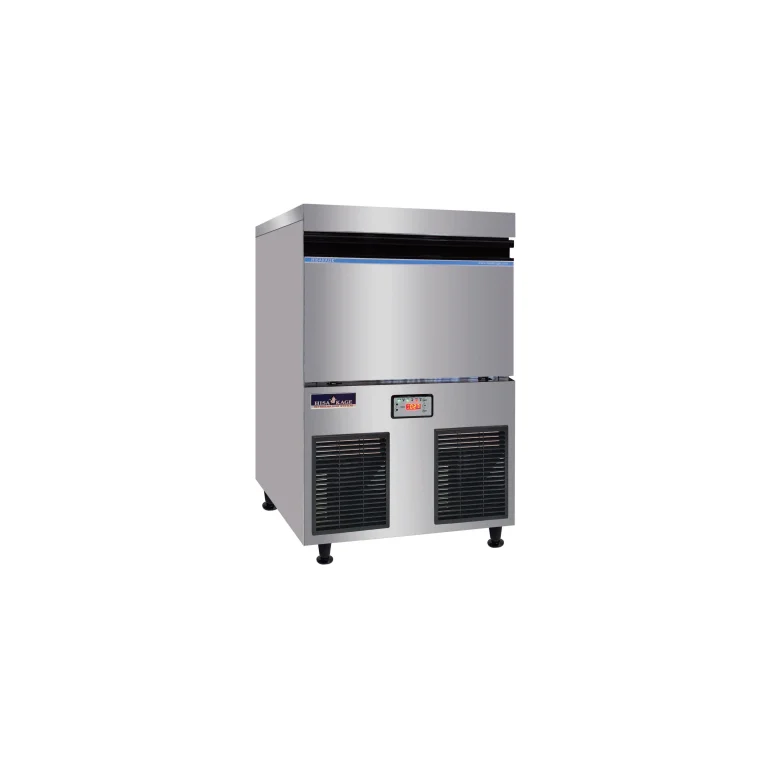
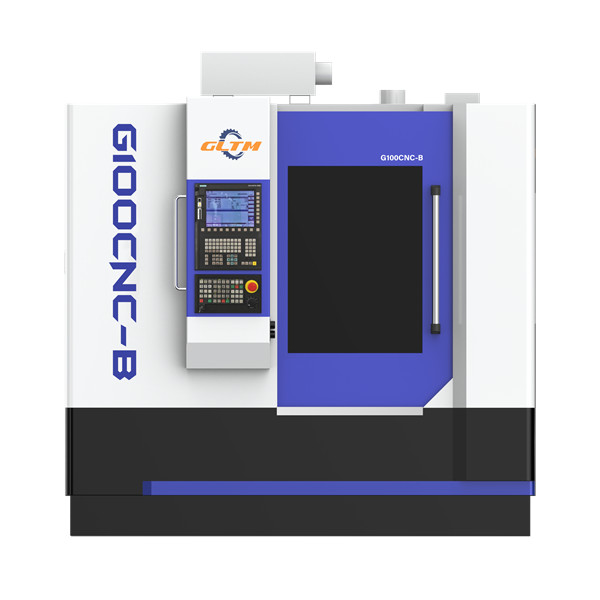

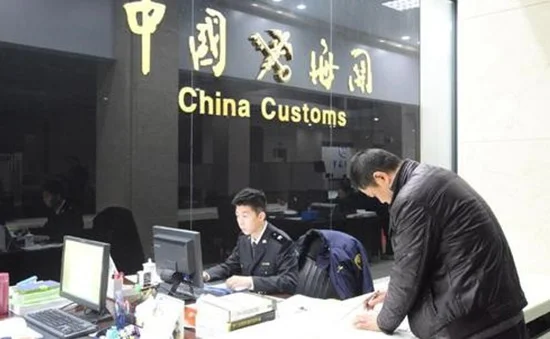
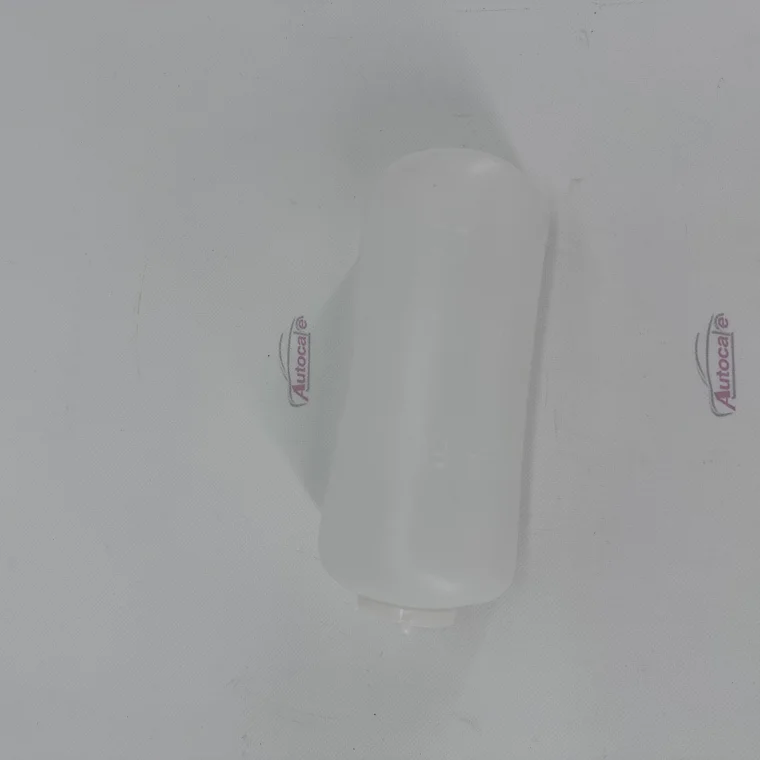
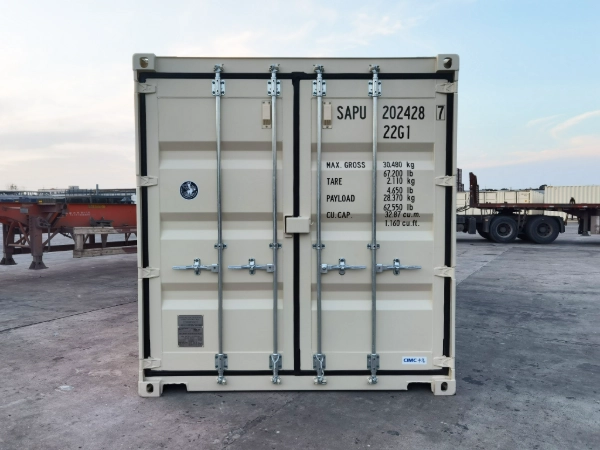
+ There are no comments
Add yours